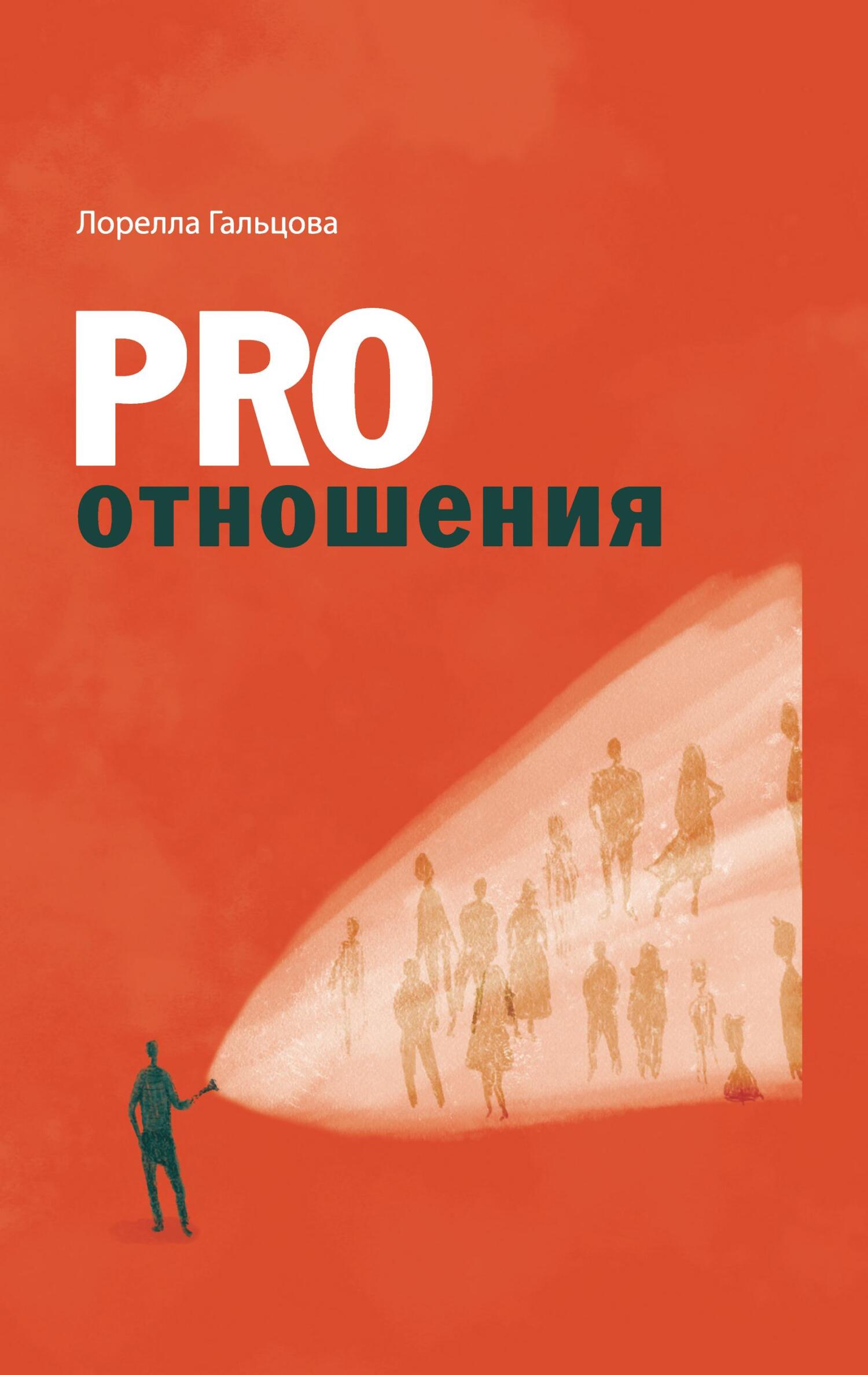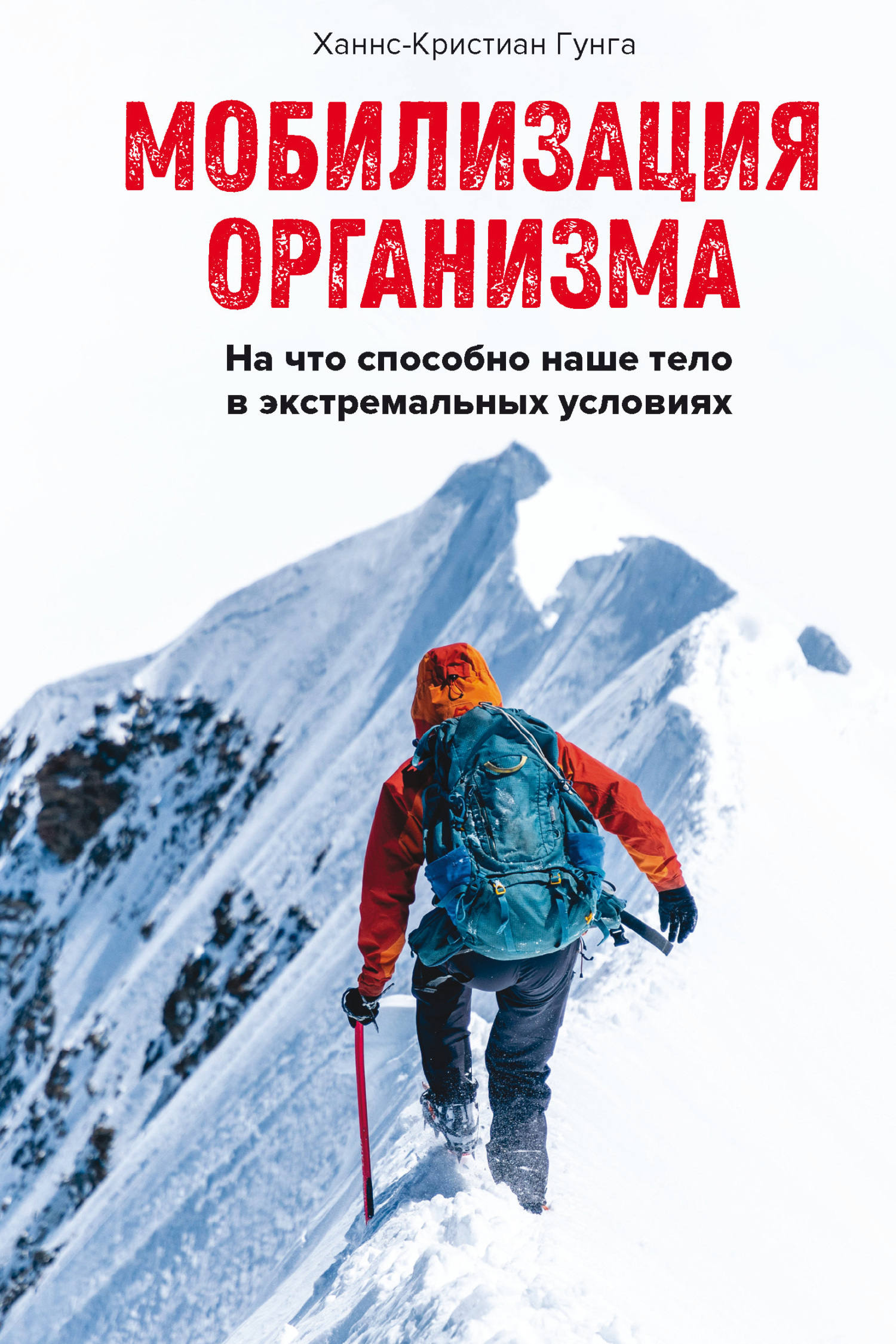Книга Новые боги. Как онлайн-платформы манипулируют нашим выбором и что вернет нам свободу - Кристиан Монтаг
Читать книгу Новые боги. Как онлайн-платформы манипулируют нашим выбором и что вернет нам свободу - Кристиан Монтаг полностью.
Шрифт:
-
+
Интервал:
-
+
Закладка:
Сделать
Перейти на страницу:
Перейти на страницу:
Книги схожие с книгой «Новые боги. Как онлайн-платформы манипулируют нашим выбором и что вернет нам свободу - Кристиан Монтаг» от автора - Кристиан Монтаг:
Комментарии и отзывы (0) к книге "Новые боги. Как онлайн-платформы манипулируют нашим выбором и что вернет нам свободу - Кристиан Монтаг"








